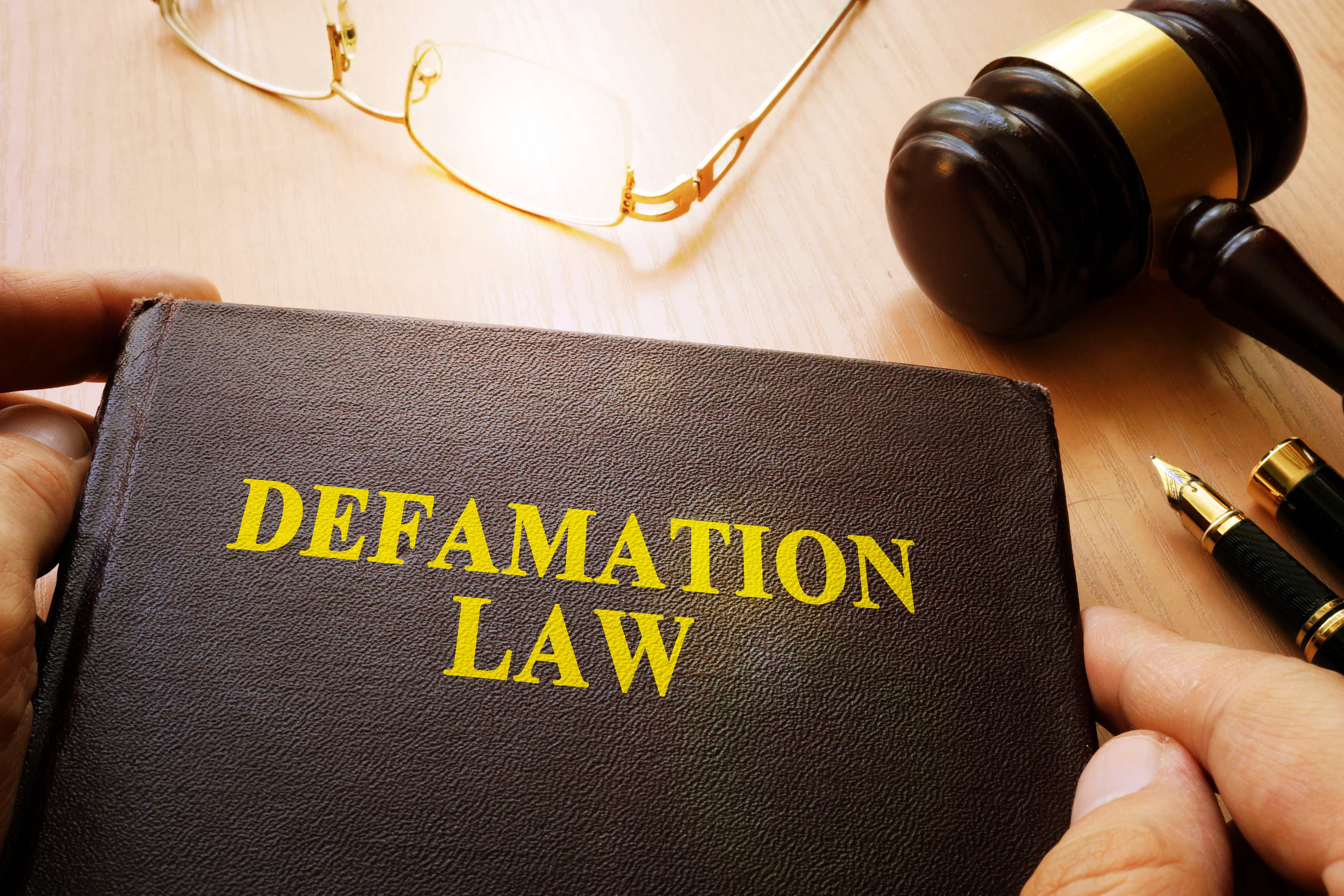
Once there was a business tycoon who tried to silence critics of his businesses, and educational institutions run by his organisation. They filed suits for defamation against their critics in places like Delhi, Assam, Dehradun etc, and made the defendants run from one court to another to defend themselves.
This went on till 2016 when the eleven-year ordeal ended when the organisation withdrew all the cases after facing heat from the Supreme Court.
And now recently, Reliance Defence, Reliance Infrastructure and Reliance Aerostructure filed a defamation suit claiming Rs 5,000 Crores in damages against the Associated Journals Limited, the publisher of the National Herald, its Editor in-Chief Zafar Agha, and Vishwadeepak who wrote an article claiming that Anil Ambani set up Reliance Defence days before the announcement of the Rafale deal by the central government.
Now it is interesting to note that the suit has been filed before a civil court in Ahmedabad, which has emerged as a forum of choice for others too in the past for filing defamation suits claiming huge amounts as damages. In all such cases, the defendants reside in and operate from Delhi.
Usually a suit is filed wherever the defendant resides or carries on its business, or where a substantial part of the subject of dispute occurs.
Taking the example of the case against National Herald, the suit could have been filed in Delhi, where the newspaper is based, or any other place where the newspaper is circulated. In the age of digital news, the circulation of a newspaper is now not restricted to territories where it is physically distributed.
It can be claimed that since National Herald also has a digital presence, a part of cause of action against any of its articles can also arise in any place where it is accessed online. In the present case, it appears that it is claimed that cause of action arises in Ahmedabad, as people read the article in question online in Ahmedabad, thus, appearing as defamatory to their eyes. While the premise is legally tenable under the Civil Procedure Code, it has the potential to cause major physical and financial harassment for the defendants.
The Civil Procedure Code was originally enacted in 1908 at a time when the framers of the Code could not have envisaged technology as it exists today.
The provision enabling filing of suits in any place where a defamatory statement is published, has not kept up with advancement in internet technology. This is where the central government needs to step in and reform the law.
In accordance with the doctrine of forum non conveniens, and case laws confirming its applicability to writ petitions, High Courts usually do not entertain petitions which would have an effect of inconveniencing the parties against which a petition has been filed. Following judicial precedents, High Courts first examine whether a substantial part of the cause of action arises within its territorial jurisdiction or not.
Secondly, the High Courts need to ascertain whether responding to such petitions would hugely inconvenience the respondent authorities who are otherwise based outside its territorial jurisdiction.
If the answers are in the negative, the petitioner would be asked to institute the petition before the High Court with territorial jurisdiction over the more substantial part of cause of action, or where the contesting respondents are physically located.
This doctrine should also be applied in cases of civil suits in cases such as the defamation suit against National Herald. The central government could bring in the principle of forum non conveniens into the Civil Procedure Code by making appropriate amendments to its provisions.
Well now the another safeguard which could be employed to avoid exploitation of the cap on court fees could be making the plaintiff justify the valuation of the amount claimed as damages before summons in the suit are issued to the defendants. The plaintiff could be asked to provide proof of actual losses suffered to enable the court to reach a prima facie decision on the correctness of the valuation.
Unless the central government steps in to make the necessary amendments to the Civil Procedure Code, suits claiming damages for defamation will continue to have a chilling effect on free speech.





